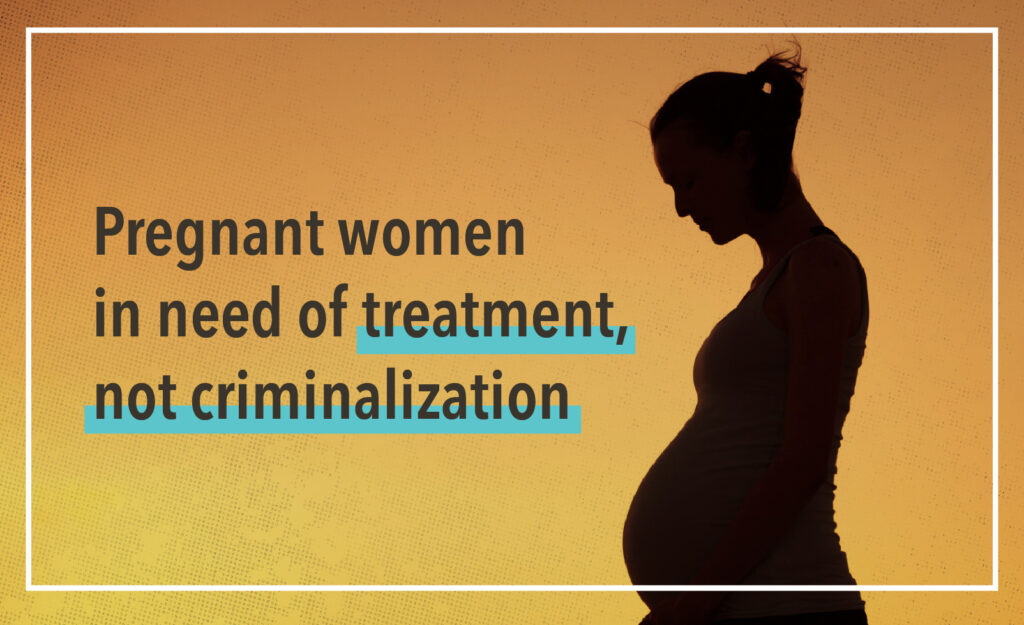What is Intergenerational trauma?
Intergenerational trauma is an unconscious grief from the historical trauma experienced by Indigenous peoples that is passed from generation to generation.
Intergenerational trauma is defined as “The intergenerational and unconscious grief from the historical trauma experienced by Indigenous peoples is passed from generation to generation due to forced relocation, land dispossession, and loss of spiritual practices, language, and culture”.
Intergenerational trauma is linked to historical trauma in the sense that historical trauma is intergenerational trauma experienced by a specific cultural group that has a history of being systematically oppressed. Examples include the Jewish population and Native American Indians.
For the Indigenous peoples, intergenerational trauma dates back to hundreds and hundreds of years ago when the Europeans settled into what is now known as the United States. The Indigenous people were driven from their lands, forbidden to speak their native languages or express their cultures. Infectious diseases like smallpox and tuberculosis were introduced, killing many Native Americans. Individual tribes were intentionally pitted against each other to create enemies, creating a rift in the Native nations, and making it easier for settlers to take the lands.
Land dispossession, also known as stolen land, forced relocation, specifically into boarding schools, widespread disease, and forced sterilization and assimilation, are just some examples of the collective losses that the indigenous tribes have experienced over time. When these traumas are not identified and addressed, the indigenous population becomes at risk of developing depression, PTSD, anxiety, substance abuse, and suicidal tendencies, all outward manifestations of intergenerational trauma and unresolved historical grief.
From individual trauma to intergenerational trauma: boarding schools
For more than one hundred years, thousands of Native American children were taken from their homes and sent to residential Indian schools in the United States and Canada to forcibly assimilate them into white culture.
Many indigenous children experienced psychological, spiritual, physical, and sexual abuse at the hands of their so-called caregivers in the residential or boarding school system. On an individual level, the long-term impacts of residential schools have left many students facing significant mental health challenges. These range from heightened feelings of anger, anxiety, low self-esteem, and depression to post-traumatic stress disorder and high rates of suicide, among other things. Substance abuse is extremely prevalent in the Native American population as these individuals turn to alcohol and drugs to cope with the harmful impacts of residential schools.
Residential schools in the Native American population are centered on unhealthy parenting models that are based on coercion, control, manipulation, punishment, and abuse. As a result, these children are left without nurturing family environments resulting in residual trauma that follows them from childhood into adulthood. These individuals are poorly prepared to nurture their children, which has a trickle-down effect on future generations. The effects of these chaotic and unhealthy family systems can be seen in the high rates of domestic violence, child abuse, and family violence within the Native American populations.
Intergenerational trauma and its relationship with racism
The definition of racism is a complex and damaging system with interpersonal and internalized factors that are used to gain control, maintain inequality, oppress, and discriminate against a particular ethnic or racial group.
Intergenerational trauma among indigenous people goes hand in hand with racism as racism causes trauma and is therefore deemed a mental health issue. Intergenerational trauma among indigenous people occurs because of the color of their skin, their language, and their cultures. The Indigenous people are a minority group that has been controlled and ostracized for many past generations. The trauma associated with this racism has been passed down to future generations. The effects of racism and intergenerational trauma are often overlooked and are not immediately acknowledged as a result of chronic exposure and re-traumatization. The following are symptoms of the effects of racism and intergenerational trauma:
- Isolation
- Sadness
- Helplessness
- Hopelessness
- Negative thinking
- Paranoia
- Hypervigilance
- Avoidance
Finding a therapist at a reputable behavioral treatment facility who can recognize the effects of racism on your mental health can be crucial to getting the help you need.




